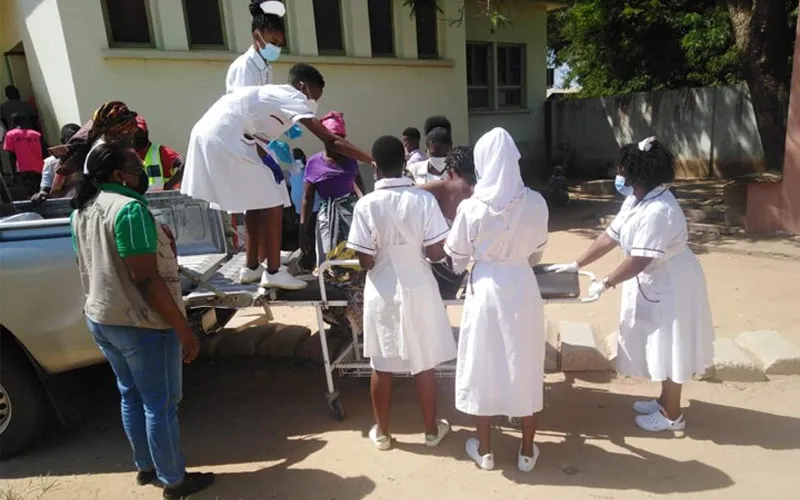 Credit: Fr. Dumisani Vilakati
Credit: Fr. Dumisani Vilakati
“The woman had given birth to one child. And she was struggling now to give birth to the other one; a very sad situation,” Fr. Vilakati recalled, and continued, “Luckily, the Caritas people came along at that time, and they had to think on their feet and took the woman to hospital. I hope she succeeded in giving birth to this other child. But this just shows how difficult the situation is from many angles.”
He said that the Catholic Church through the contributions of Pope Francis is putting up two health centers, which are still under construction.
The official of IMBISA, an entity that brings together Catholic Bishops from Angola, Eswatini, Mozambique, South Africa, Angola, Botswana, Zimbabwe, Lesotho, São Tomé and Príncipe, Namibia told ACI Africa that he was welcomed to Pemba by the Apostolic administrator of the Diocese, Bishop António Juliasse Sandramo.
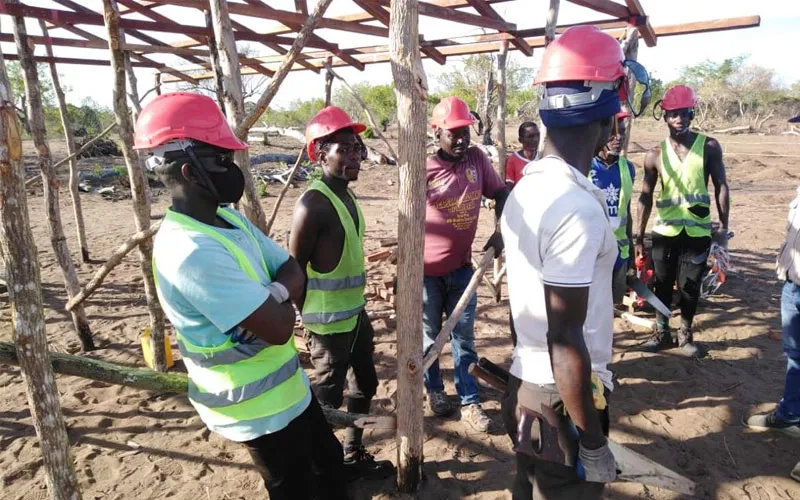 Credit: Fr. Dumisani Vilakati
Credit: Fr. Dumisani Vilakati
(Story continues below)
Recounting his experience during the visit, the Priest said, “I witnessed the suffering that’s present in the place as well as the good work that is done by the Catholic Church especially through its agency, Caritas.”
“It is a very depressing situation to see so many people lacking basic items such as food, shelter and clothing. Nevertheless, the human spirit is always there; the resilience among human beings is always there to eke out a living even in the most difficult of circumstances,” he said.
The Priest of the Catholic Diocese of Manzini also addressed the emerging crisis of child soldiers in Cabo Delgado and expressed regret that children in the Northern part of Mozambique are growing up surrounded by violence, a situation he said predisposes them to join ranks in the insurgency.
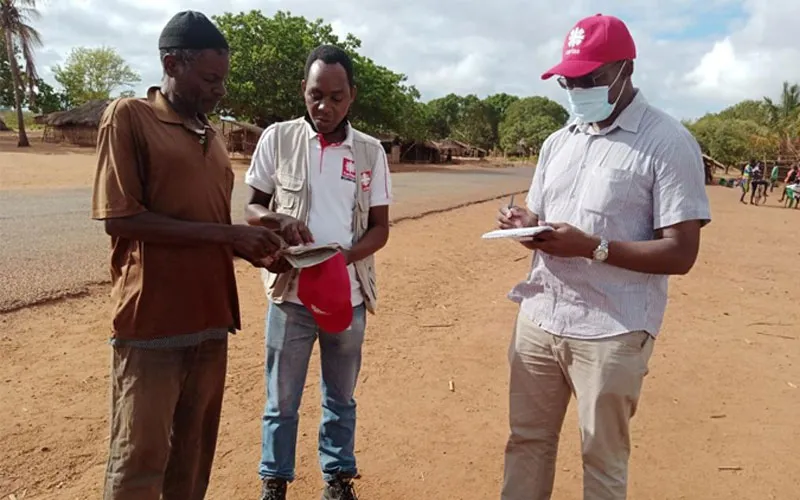 Credit: Fr. Dumisani Vilakati
Credit: Fr. Dumisani Vilakati
It has been established that most of the times when some former child soldiers managed to escape and come back home, they are shunned by other community members who fear them.
“In a place of deprivation, like Cabo Delgado, it is obviously easy to recruit young people for nefarious activities, like for fighting wars,” Fr. Vilakati told ACI Africa correspondent in South Africa.
He added, “It was always interesting for me to ask the people, who the insurgents are. But none of them could really spell out who they are.”
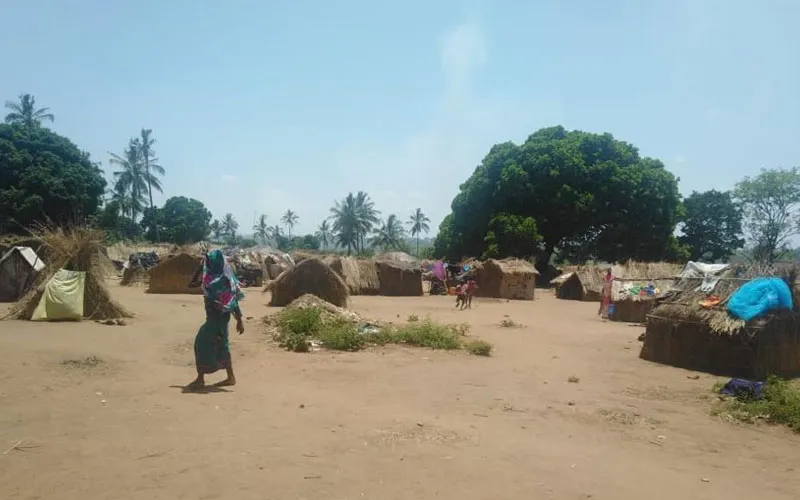 Credit: Fr. Dumisani Vilakati
Credit: Fr. Dumisani Vilakati
In Mozambique, Bishop Sandramo has expressed the need to train soldiers in such a way that they are better formed to have a good relationship with the civilians.
Fr. Vilakati said, making reference to his engagement with the Apostolic administrator of Pemba, “When I spoke to Bishop Sandramo at the end of my visit, he raised an important point, which he says he has communicated to the Mozambican government to embark on a serious program of formation of soldiers… that they should not prepare soldiers just to shoot, but they should prepare soldiers with a human heart, who know how to speak to people; who know how to relate.”
The Priest noted that the Church has a duty to underline what it means to be a proper human being and to relate well with others. “I say this because the Bishop indicated that the first time the insurgents came to Mozambique, the army did not enjoy positive relations with the local population.”
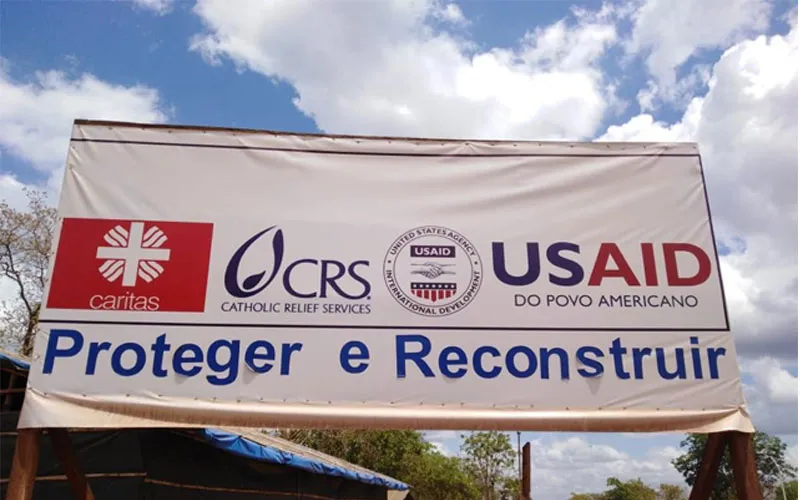 Credit: Fr. Dumisani Vilakati
Credit: Fr. Dumisani Vilakati
The army is said to have been abusive to the local population, Fr. Vilakati says, and adds in reference to members of the Mozambican army, “They were not very kind to the people. And so, their relationship with the people was very poor.”
The local population is said to be more welcoming to Rwandan soldiers who speak Swahili and started off by treating the people with tenderness.
The Priest said that the Diocese of Pemba is facing many challenges owing to the attacks. These include lack of finances to meet the basic needs of the displaced people and the fact that they have also been victims of the insurgency.
“The Church personnel themselves have suffered the insurgency, even they themselves have had to be displaced,” Fr. Vilakati said.
He narrated the desperation of Catholic Nuns who had been forced out of their community owing to the attacks.
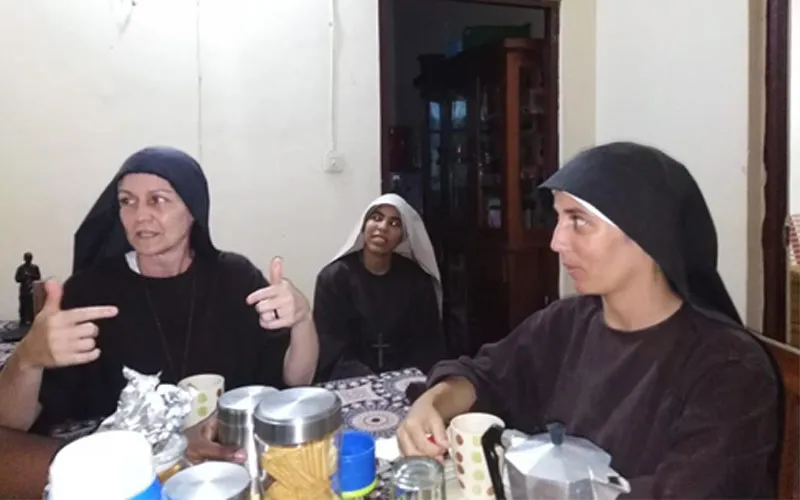 Credit: Fr. Dumisani Vilakati
Credit: Fr. Dumisani Vilakati
The three members of the Missionaries of the Sacred Heart recounted the day their Bishop called them, instructing them to leave in 30 minutes and warning that the village in which their community was established had fallen under attack.
“They too had to run away to flee the area,” Fr. Vilakati said in reference to the Catholic Nuns, and added that the missionary presence in Cabo Delgado has been terribly affected owing to the attacks.
He said that the Diocese of Pemba is looking after a significant number of IDPs from the over 800,000 that have been displaced in Cabo Delgado. At the Diocese, houses have been constructed to provide shelter to displaced families who are also supplied with basic items such as food and clothing.
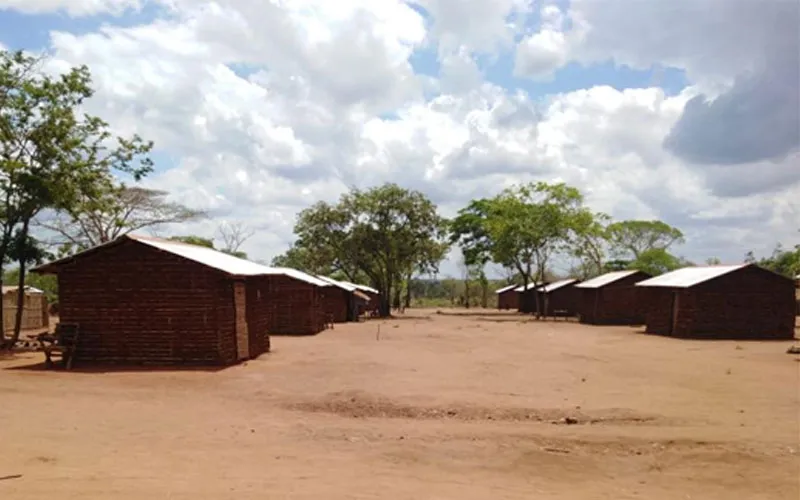 Credit: Fr. Dumisani Vilakati
Credit: Fr. Dumisani Vilakati
The IMBISA official noted that the Catholic Diocese of Pemba is supported by other Catholic agencies like Catholic Relief Services (CRS) and non-Catholic agencies like United States governments through their USAID, and added, “but certainly the Diocese of Pemba is in need of more resources. They need money, obviously, to be able to run all these projects, and to put up basic housing for a number of people.”
“At a regional level, therefore, I would imagine that more needs to be done to not just pray for Cabo Delgado but also to give material support to the work that is being done there,” he said.
The Priest’s appeal is for the Church to strengthen her efforts towards interventions that work for peace, and goodwill among human beings, “because that's why it exists.”
“The Church exists to spread peace, but also to spread hope that even in the circumstances in which we find ourselves now, everything can be overcome,” the Director of IMBISA Secretariat said, and added, “Even in these circumstances, the Church should support the efforts of agencies who are working in the Cabo Delgado to bring about peace.”
Fr. Vilakati noted that much as the presence of the army was helping to end the violence in Cabo Delgado, the use of the military was not the most suitable means to bring peace in the embattled Mozambican Province.
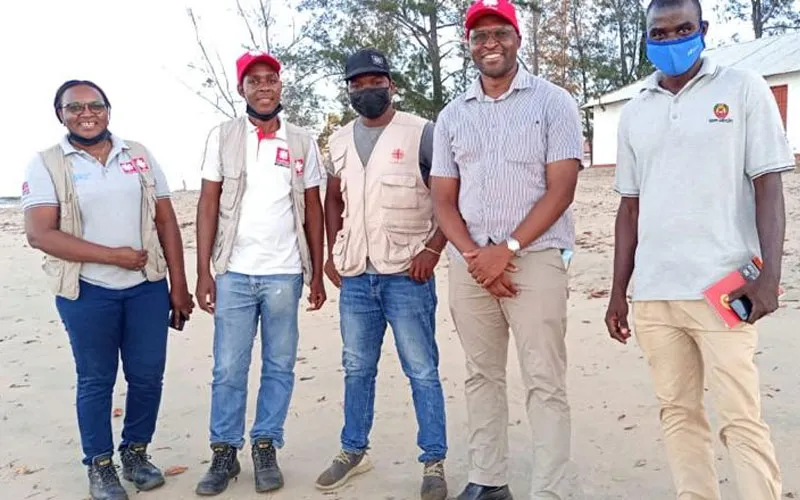 Credit: Fr. Dumisani Vilakati
Credit: Fr. Dumisani Vilakati
“To Cabo Delgado the ultimate solution is to live together in peace and create structures that advance peace and also promote development in that area,” he said, underlining the importance of empowering locals economically.
The Catholic Priest expressed regret that Cabo Delgado is one of the least developed Provinces of the Southern African country even though it is highly endowed with natural resources.
“In fact, somebody was saying to me that Niasa (a Province in Mozambique) might be the poorest Province and then Cabo Delgado is second poorest yet it has so many resources. It is sad that the people don't benefit from these resources,” Fr. Vilakati told ACI Africa correspondent in South Africa.
Agnes Aineah is a Kenyan journalist with a background in digital and newspaper reporting. She holds a Master of Arts in Digital Journalism from the Aga Khan University, Graduate School of Media and Communications and a Bachelor's Degree in Linguistics, Media and Communications from Kenya's Moi University. Agnes currently serves as a journalist for ACI Africa.
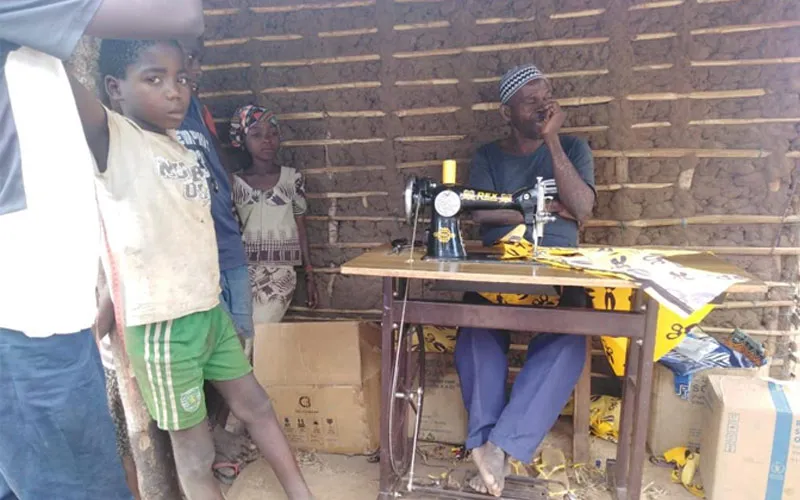 Credit: Fr. Dumisani Vilakati
Credit: Fr. Dumisani Vilakati


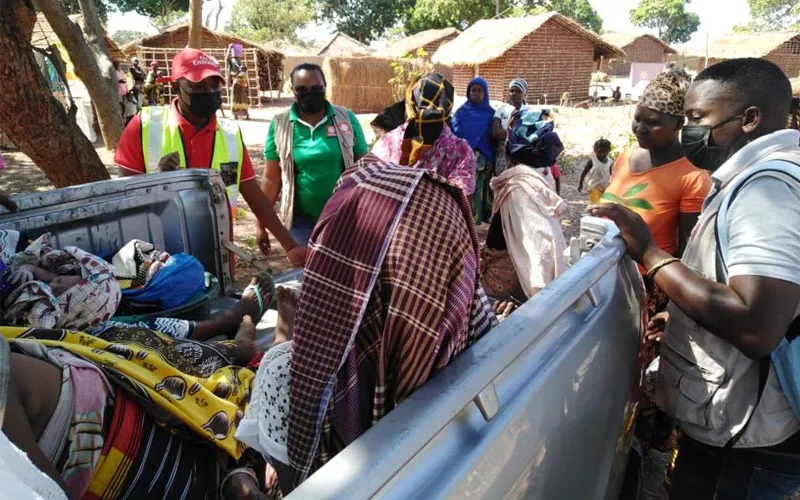
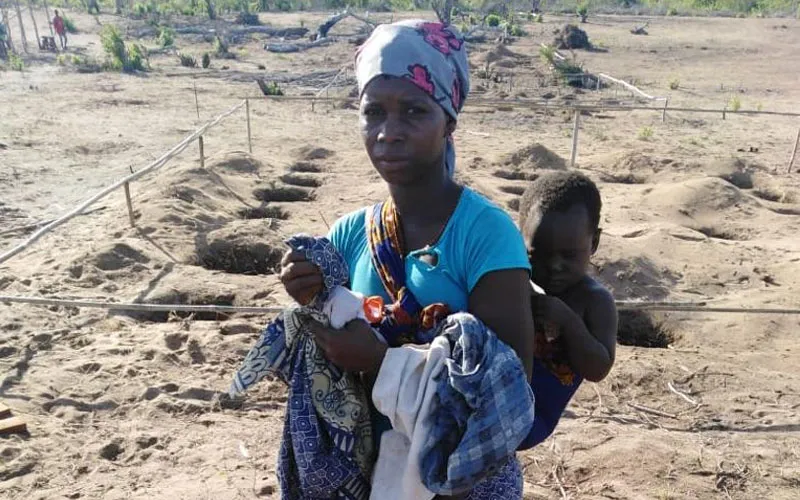 Credit: Fr. Dumisani Vilakati
Credit: Fr. Dumisani Vilakati
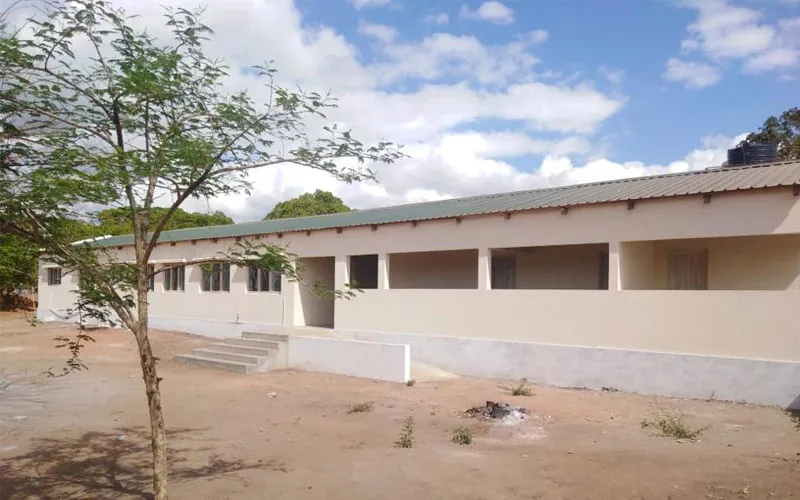 Credit: Fr. Dumisani Vilakati
Credit: Fr. Dumisani Vilakati Credit: Fr. Dumisani Vilakati
Credit: Fr. Dumisani Vilakati Credit: Fr. Dumisani Vilakati
Credit: Fr. Dumisani Vilakati Credit: Fr. Dumisani Vilakati
Credit: Fr. Dumisani Vilakati Credit: Fr. Dumisani Vilakati
Credit: Fr. Dumisani Vilakati Credit: Fr. Dumisani Vilakati
Credit: Fr. Dumisani Vilakati Credit: Fr. Dumisani Vilakati
Credit: Fr. Dumisani Vilakati Credit: Fr. Dumisani Vilakati
Credit: Fr. Dumisani Vilakati Credit: Fr. Dumisani Vilakati
Credit: Fr. Dumisani Vilakati


